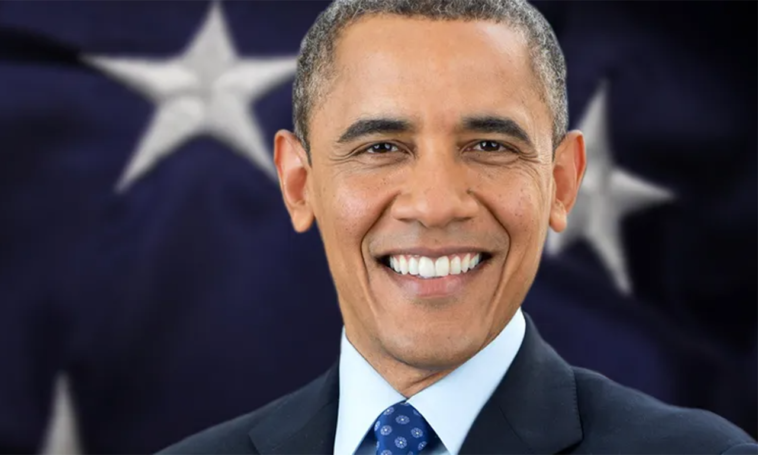Obama and tech experts discuss the dangers of AI to vulnerable populations. At the Obama Foundation Democracy Forum, government, academia, and IT experts explored statistical machine learning’s effects on people of color.
Obama and tech experts discuss the dangers of AI to vulnerable populations. Last week, a group of experts cautioned that AI’s growing reach must be mitigated to prevent damage or further marginalization of people of color.
The warning came during a panel discussion at the Obama Foundation’s Democracy Forum, an annual gathering for thought leaders to debate ways to make society more egalitarian. This year’s forum examined AI breakthroughs and problems.
In a panel titled “Weighing AI and Human Progress,” Institute for Advanced Study social science professor Alondra Nelson claimed AI technologies may be wrong and promote inequality.
“There’s already evidence that the tools sometimes discriminate and amplify and exacerbate bias in life — big problems that we’re already trying to grapple with in society,” Nelson said.
AI researchers found that huge language models perpetuate racism and other oppressions in a 2021 article. Race, sexism, and ableism are embedded in language model training data, which overrepresents privileged people.
In the last year, many Black persons have claimed that AI-based face recognition technology misdiagnosed them, resulting in arbitrary incarceration. Louisiana officials used face recognition technology to get an arrest warrant tying Randall Reid, 28, to three thieves in Georgia in 2022.
Reid claimed he was wrongly detained and incarcerated. A Jefferson Parish sheriff revoked the warrant due to his facial mole.
Porcha Woodruff sued Detroit in February for wrongful arrest. Her complaint claims officials used an incorrect facial recognition match in a picture lineup connecting her to a carjacking and robbery.
Woodruff, eight months pregnant, was accused and freed on a $100,000 personal bail. The suit was rejected for “insufficient evidence,” according to the complaint.
The technique has been criticized by Black people in surveys. The Pew Research Center reported in April that 20% of Black individuals who observe racial prejudice and unequal treatment in hiring believe AI would make it worse, compared to 1 in 10 white, Asian, and Latino persons.
In the forum’s keynote address, former President Barack Obama said he was encouraged by the Biden administration’s recently signed executive order on AI, which established broad federal oversight and investment in the technology and which Obama advised on, but “there are some big risks associated with” it.
At the event, Berkeley professor Hany Farid claimed predicting AI in recruiting, criminal justice, and banking might reinforce human prejudices.
“That predictive AI is based on historical data,” Farid said. Guess what if your historical data is skewed toward women, LGBTQ, and people of color? Biased AI is inevitable. Therefore, promoting these systems without understanding them repeats history.”
She said that Nelson had spent two years in the White House Office of Science and Technology Policy pushing fair AI innovation with various viewpoints. During the Biden administration, her team designed an AI Bill of Rights Blueprint to protect people against automated technologies. It includes journalist, legislative, academic, and other expert recommendations.
Nelson said more global AI talks are “important,” and she expects society will benefit.
“Even if you’re not an expert in mathematics, you can have an opinion about this very powerful tool that’s going to transform society,” Nelson said. “We have choices as a society about what we want our future to look like and how we want these tools to be used, and it is going to fall to all of us and all of you to do that work.”



